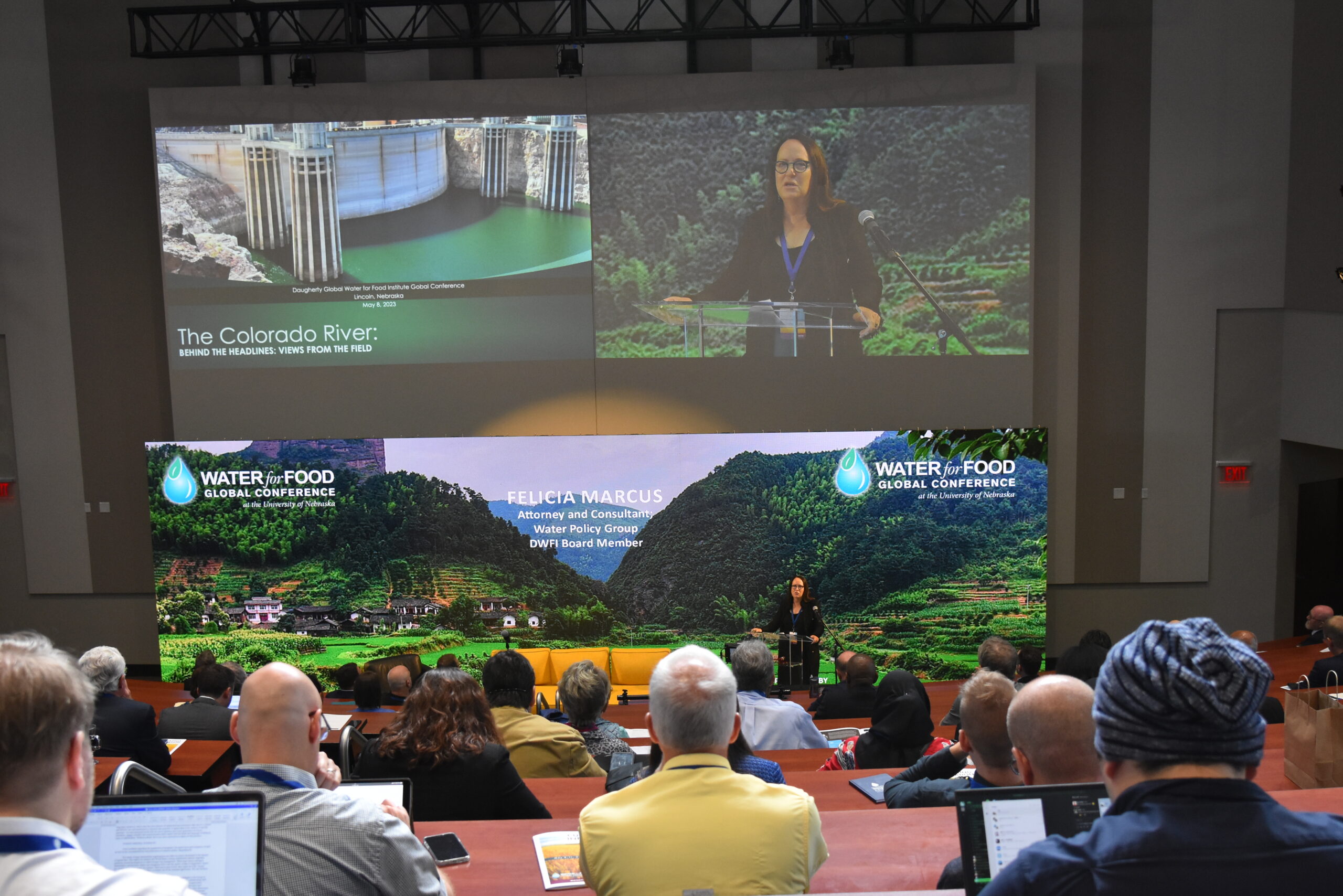
Kansas City is on the verge of an opportunity for unprecedented waste. And that, Paul Kedrosky believes, could be a wonderful thing.
That was the message Kedrosky (left), a senior fellow at the Kansas City, Mo.-based Ewing Marion Kauffman Foundation, conveyed to a lunchtime crowd on April 18 in the third installment of the Kauffman Foundation’s Google Fiber Speaker Series.
Kedrosky even suggested a rallying cry behind which a wasteful Kansas City could soon unite: “We waste as much as possible. We waste more than anybody else in the country, and we’re proud of it.”
To be clear, Kedrosky isn’t encouraging just any old waste. Rather, he’s advocating the waste of the bits that Kansas Citians will be able to access — in massive quantities and with infinitesimal delays — thanks to the arrival of Google Fiber. What some people would view as wasting bits — tinkering and toying with the capabilities enabled by Google Fiber — can actually be quite valuable, Kedrosky believes, because it’s often in the midst of what seems like frivolous experimentation that people produce innovation.
“If we waste both of those things,” Kedrosky said of Fiber’s high bandwidth and low latency, “then we’re really doing the kind of playful experimentation and wasting in a network that leads to innovation.”
Kedrosky opened his talk with a discussion of station wagons. He used the idea of a 1967 AMC Pacer, loaded to the gills with DVDs packed full of data, as an example of big bandwidth. Using that method, he calculated, one could transfer about .8 gigabytes per second. Trouble is, using the station wagon method, it would take about 39 hours to transfer something from coast to coast. His point: bandwidth and latency are equally important parts of the Google Fiber equation.
“Here’s what we’re aspiring to, these two things at once,” Kedrosky said. “(It’s) not just about bandwidth, but about latency. As we think about apps and things we want to do, it’s important to keep them both in mind.”
“If we waste both (bandwidth and latency) then we’re really doing the kind of playful experimentation and wasting in a network that leads to innovation and leads to all kinds of experiments.” – Kedrosky
Later, Kedrosky discussed his search for correlation between fast networks and high innovation. First, he looked at Japan, which has average connection speeds about 10 times faster than those in the United States but has been mired for three decades in what some have called a “happy depression.”
Further investigation of that correlation didn’t unearth any more promising evidence. Kedrosky said he explored other countries, states and cities with high average connection speeds and didn’t find any hotbeds of innovation among them. He then looked at the issue from the other side and discovered that in Palo Alto, Calif. “there’s nothing going on” in terms of connection speeds “that would make you think this is somehow a hotbed of networking activity.”
More important than the mere existence of high high-speed networks is the presence of people with the willingness and imagination to make the most of them. Kedrosky cited energy statistics that indicate a track record of waste by the United States. There are obviously negatives to that, Kedrosky said, but it’s not all bad. He said such waste is also indicative of a belief in “this kind of absence of constraints … this notion of limitlessness, this idea that anything’s possible.”
That, he said, is the sort of mentality that will help Kansas City make the most of its Google Fiber opportunity.
“Try and flip it all around and say ‘What are we really trying to do where?’ ” Kedrosky said. “What did we learn from Japan not succeeding despite having all this bandwidth? What did we learn from Palo Alto succeeding having no bandwidth. We learned about the merits of waste. We learned about the importance of waste and playfullness and experimentation.
“That’s the kind of experimentation, at least at the margin, that leads to experimentation, innovation and economic growth.”
Credits: Video from kauffman.org. Photo of Kedrosky from kauffman.org.



